“Don’t cry. You’re perfect.”
Silco delivers that final line before his tragic death, in the finale episode of Season 1 of Netflix’s animated League of Legends series “Arcane.” His end was as impactful as it was unceremonious, and the cunning Zaunite industrialist’s words serve as a symbol of his complicated relationship with Jinx and his own internal struggles.
Throughout Arcane‘s six-year production timeline, Riot Games and French animation studio Fortiche Productions were challenged with the task of bringing familiar faces from League of Legends to the big screen. Part of this meant writing original characters capable of bringing life to the game’s lore, and throughout “Arcane’s” inaugural season, Silco was one of the characters that did this best.
As Jinx’s father figure and the series’ main antagonist, Silco is one of the driving forces behind “Arcane’s” plot. He plays a role in the motivations of almost every character in the show. And, he is even more interesting because his character was created entirely from scratch, without a foundation from League for the show’s creators, Christian Linke and Alex Yee, to build off of. Riot even recently announced him as a new playable unit in an upcoming Teamfight Tactics patch.
Making Silco

Silco’s voice actor Jason Spisak became involved with “Arcane” during its second year of production. At that time, there were absolutely no visual assets for actors to use as a reference, and complications from COVID-19 prevented some of the actors from meeting and recording in person.
“I’d never met Ella, the actress who plays Jinx, at all until the premiere,” Spisak said. “It’ll blow your noodle when you think about all the scenes we did together and our interactions.”
In his audition for the part, Spisak was given Silco’s monologue from the beginning of “Arcane” Episode 3 and he said he instantly fell in love with it. Spisak explained that he has an eidetic memory, which allows him to memorize things very quickly. In this case, it took him one day to absorb his lines for his audition. As a part of his regular warmup routine in the recording booth, throughout the show’s production, he would even act out the entire monologue from memory before every session.
“It resonates with you when the writing is so good,” Spisak said. “Alex Yee was responsible for a lot of that feel for Silco. He put his heart and soul into defining a character that he had to create out of whole cloth. There were no references for him.”
Without completed scenes or even finished character artwork to go off of, piecing together dialogue and acting out Silco’s most iconic scenes wasn’t always a smooth process for Spisak. For example, at times, he would have the chance to hear how another character’s lines were delivered in a scene before submitting his own recording. But, if Silco spoke first in a scene, he wouldn’t get the benefit of knowing what he was working with from other voice actors. Of course, these sort of restrictions aren’t uncommon for some productions, but in “Arcane’s” case, COVID-19 protocol made it impossible for all of the actors to work together in person.
From start to finish, everything, from Silco’s distinct way of speaking to his calculated mannerisms, was a creative collaboration between Spisak and various producers and directors. Spisak also gave props to Riot Games Senior Manager of Creative Operations David Lyerly — who was a casting director and voice over producer for “Arcane” — to ask for his creative ideas in developing Silco’s persona. Silco’s character design even takes slight inspiration from Spisak’s own physical features.
“When they showed me the picture of him, I went, ‘Hey, that looks like me,'” Spisak said. “They didn’t use me 100% for the model, but it’s pretty inspired. And it’s perfect. He’s perfect.”
More than meets the eye?
Spisak has played plenty of villain roles throughout his career, including The Joker in the 2019 movie “Batman: Hush” and Loki in the 2019 video game “Marvel Ultimate Alliance 3: The Black Order.”
“A villain is just the hero of a different story,” Spisak said.
Silco’s character arc in “Arcane” is a controversial one among some fans because he’s introduced as a scheming extremist with selfish goals. But, through his relationship with Jinx, viewers catch glimpses of a more human and relatable side to him.
“What’s funny is, a lot of people haven’t either seen or read enough good writing,” Spisak said. “Like, read Shakespeare and have it translated to you. You’ll quickly learn that many of Shakespeare’s characters are not one thing or the other. And they’re not one thing or the other with a given character on screen. It’s that form of character development that we miss a lot. And sometimes you’ll get it with the main character, but nobody else.”
One of the biggest standouts of “Arcane” as an animated series is the attention to detail in fleshing out the stories of all of its characters, from the major players to the supporting cast. The opening scene in Episode 3 gives the audience its first look at the strained relationship between Vander and Silco, and what may have happened to make Vander betray Silco. It’s the first time “Arcane” presents viewers with a backstory for the character, and Silco’s personal recollection of the event sheds plenty of light on why he acts the way he does.
“What it taught him was if you want what you want, you have to stop at nothing to get it,” Spisak said. “Now that’s an immoral position for most people to look at when they see how Silco begins. But, as Vander is dead and Powder jumps into his arms, from that moment forward, Silco is wrestling with something. He’s wrestling with his vision of the world: the nation of Zaun at all costs.”
Whatever people make of the nature of Silco and Jinx’s relationship, “Arcane” makes it clear that he cares for her genuinely, and it’s through this lens that the audience is able to see the multiple layers of Silco’s character. Spisak explained that to Silco, Jinx is “the perfect embodiment of what Zaun is.”
To Silco, the story of a young girl raised on scraps in a city riddled with crime and greed, who somehow manages to rise above her circumstances and earn power and status for herself, is a beautiful one. He would never give Jinx up to Jayce in exchange for Zaun, because what is Zaun without Jinx? Silco dreams of a world where people like her can grow up and live for themselves, free of judgment from others.
“I don’t get mad at people who see Silco one way or the other. I’m overjoyed that they see him at all; that’s my job,” Spisak said. “If it triggers something in you, great. When I’m outside the stage door and people are bickering, I just high-five myself and I walk away. This is the level of discussion we want to have and I’m privileged to be part of it.”
Whether or not you have empathy for Silco’s motivations, his final moments show that there’s more to him than meets the eye. He cares for Jinx, but he also hurts people. In his quest for Zaun, Silco has even hurt Jinx.
“He’s just the hero of a different story told from a different perspective,” Spisak said. “History is written by the victors and villains tend to be the losers.”


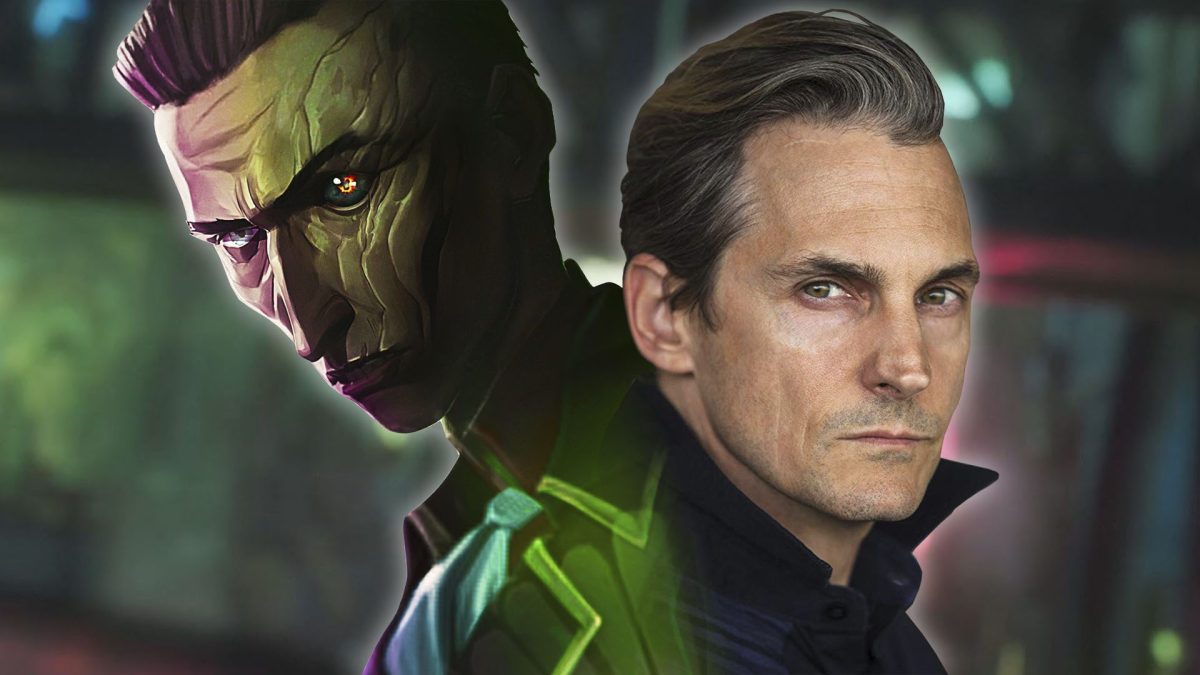
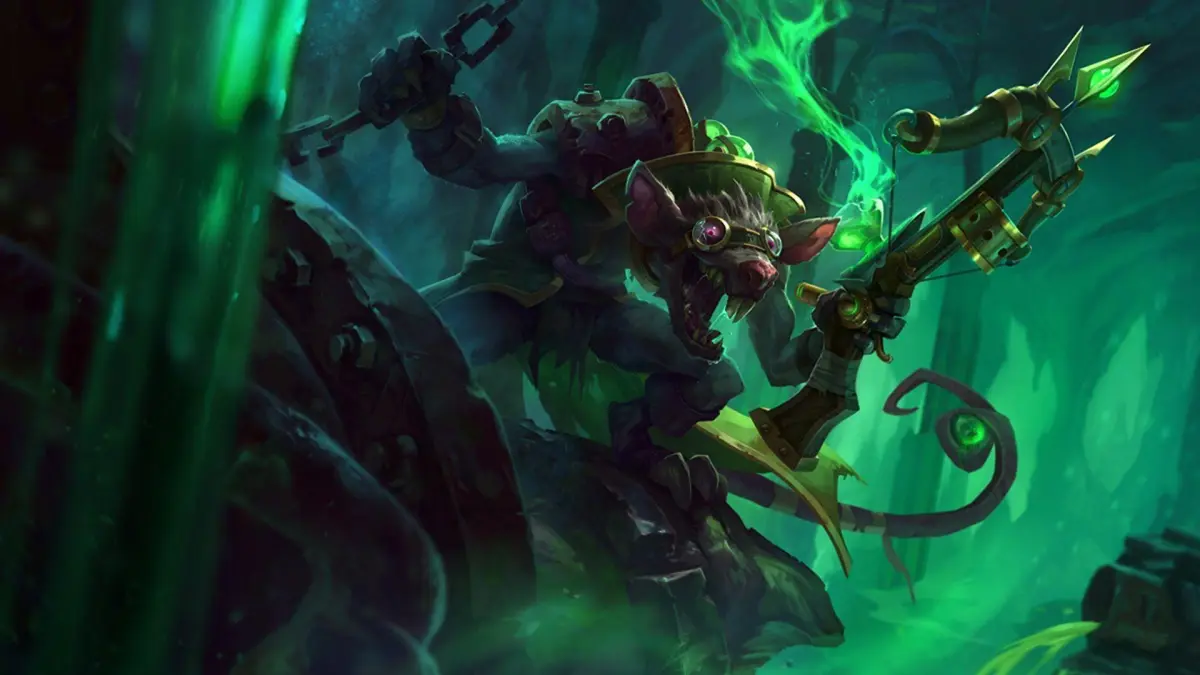
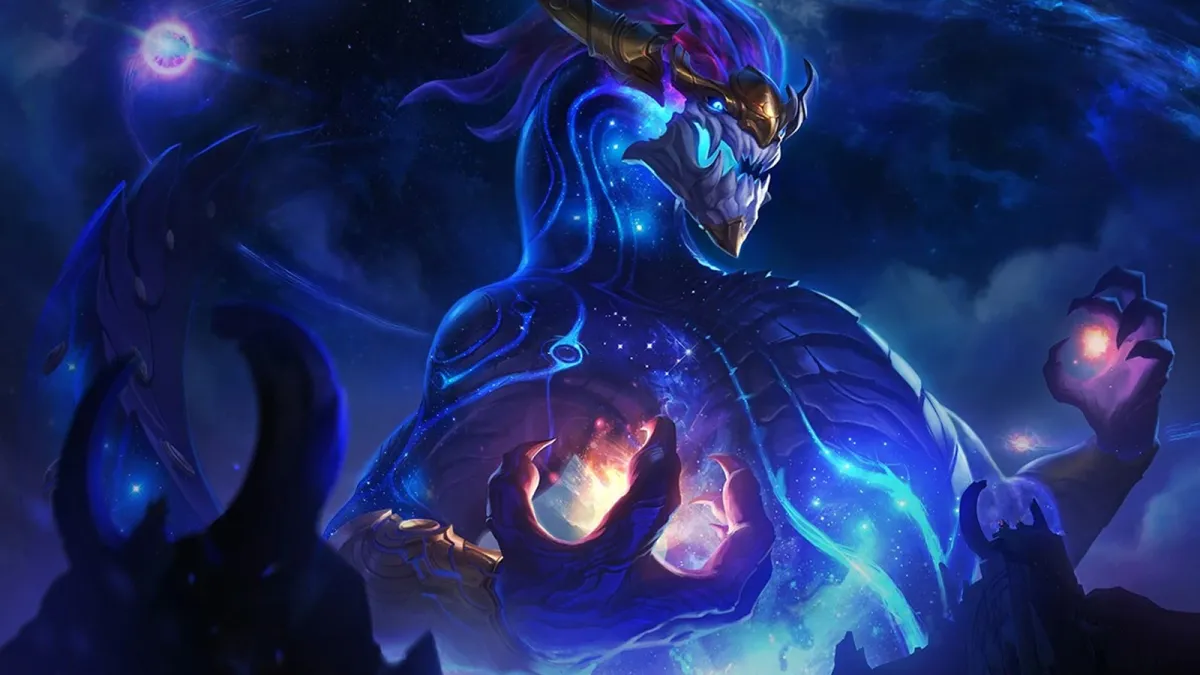
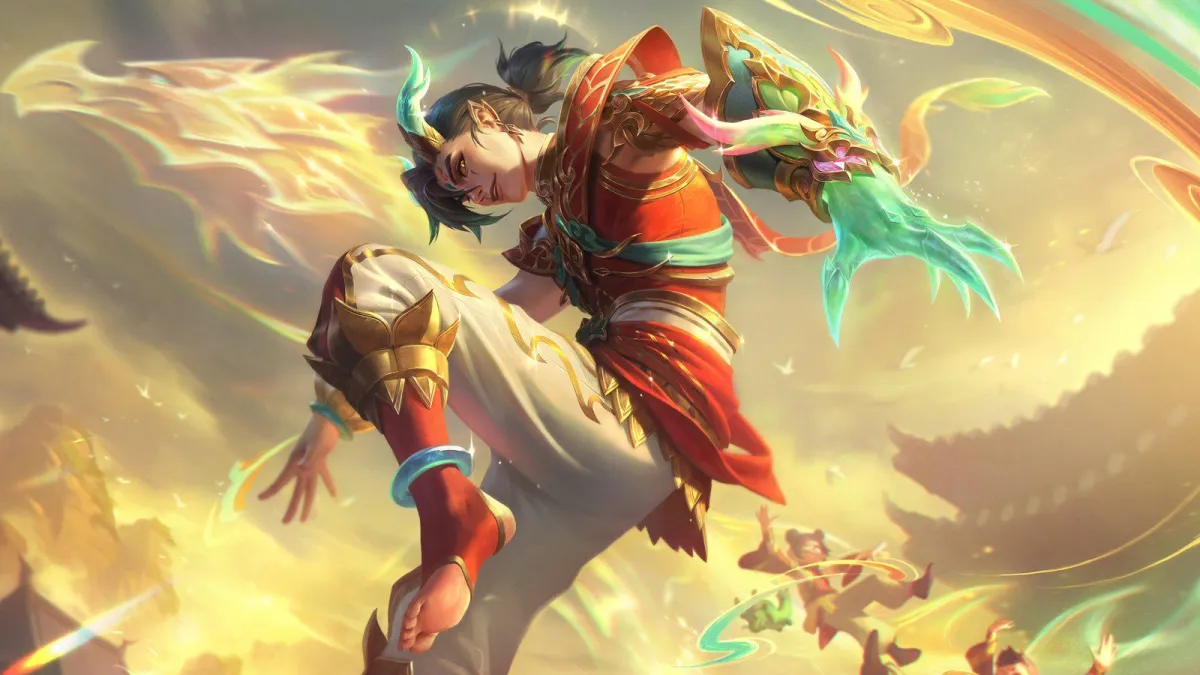
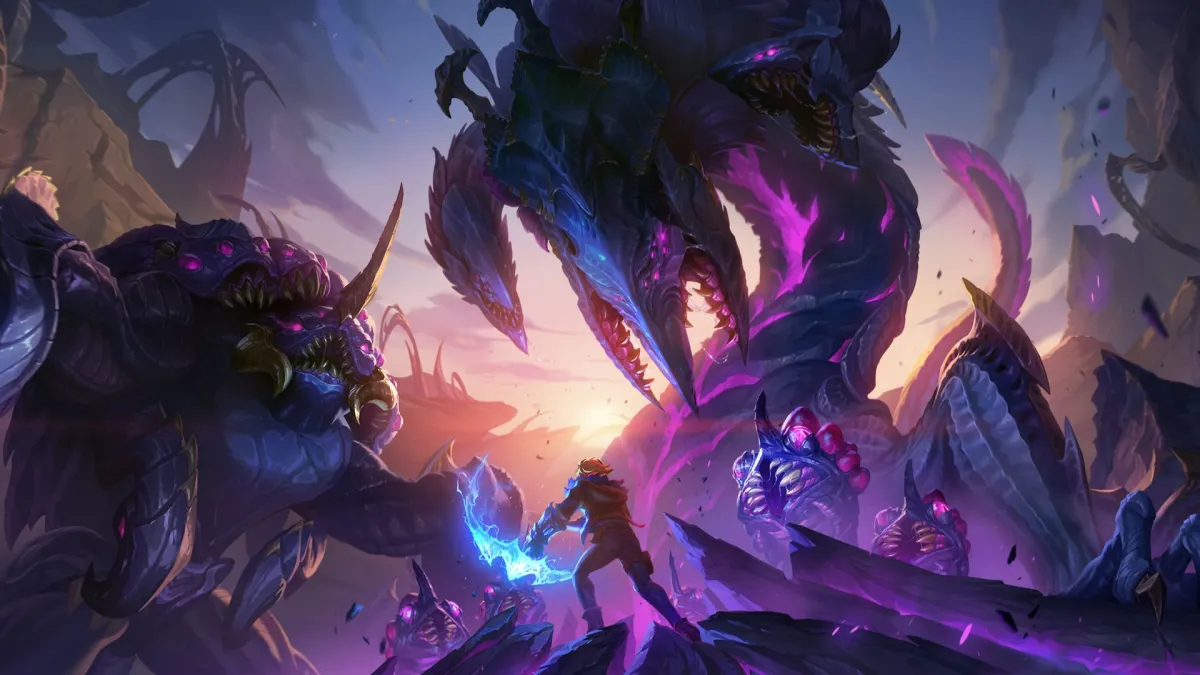
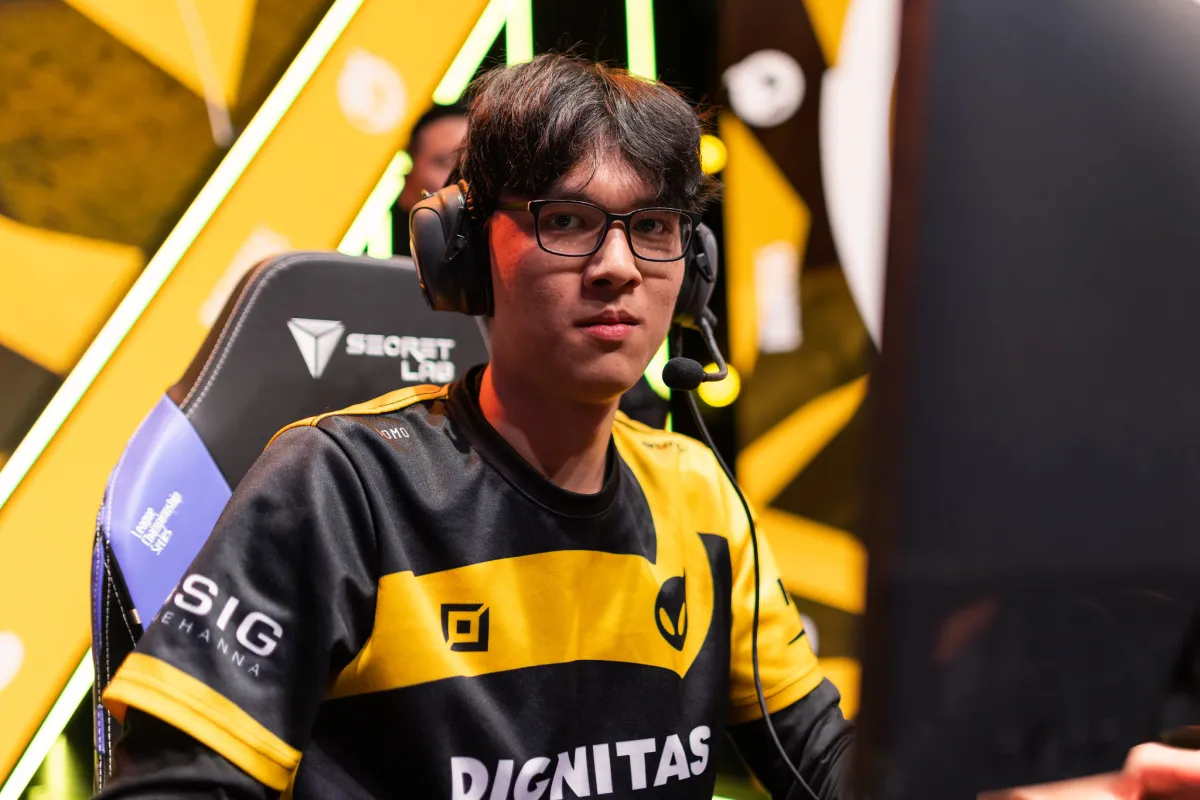
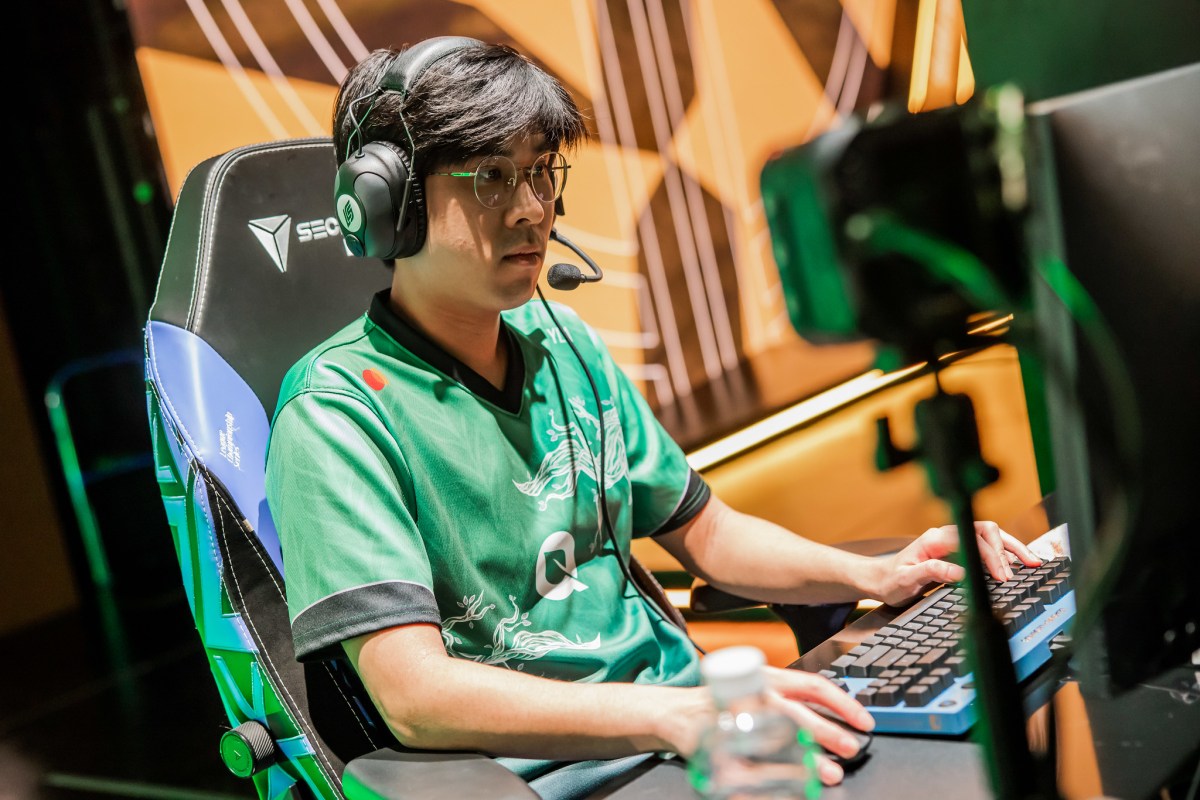

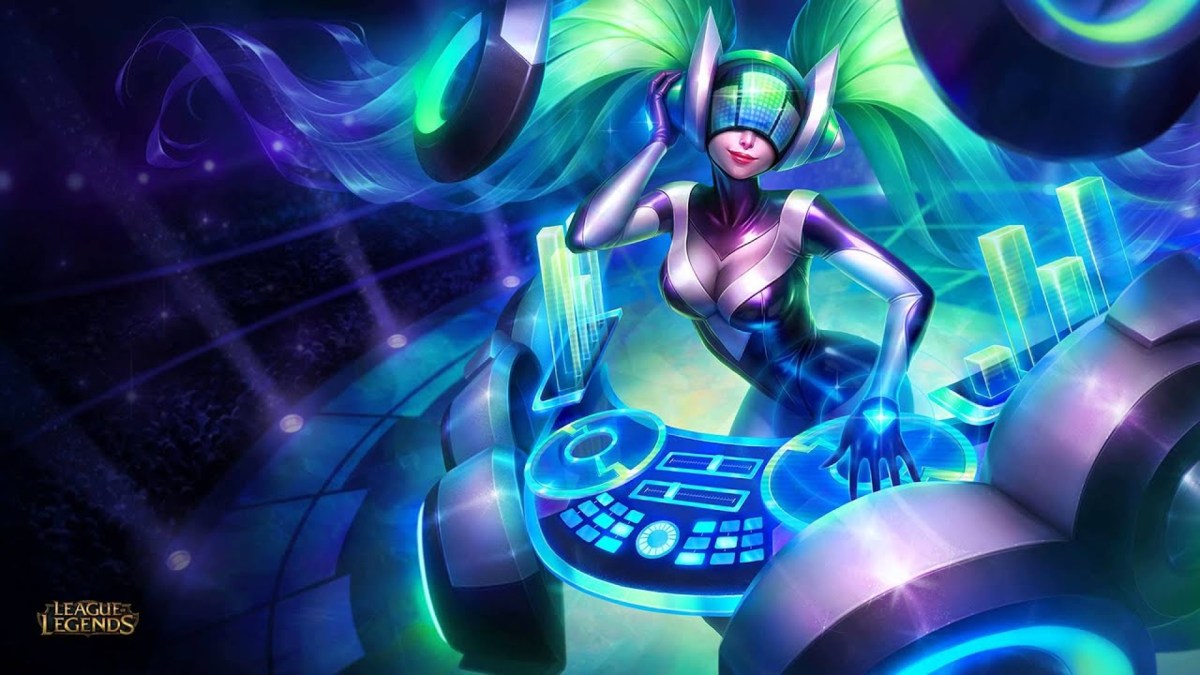


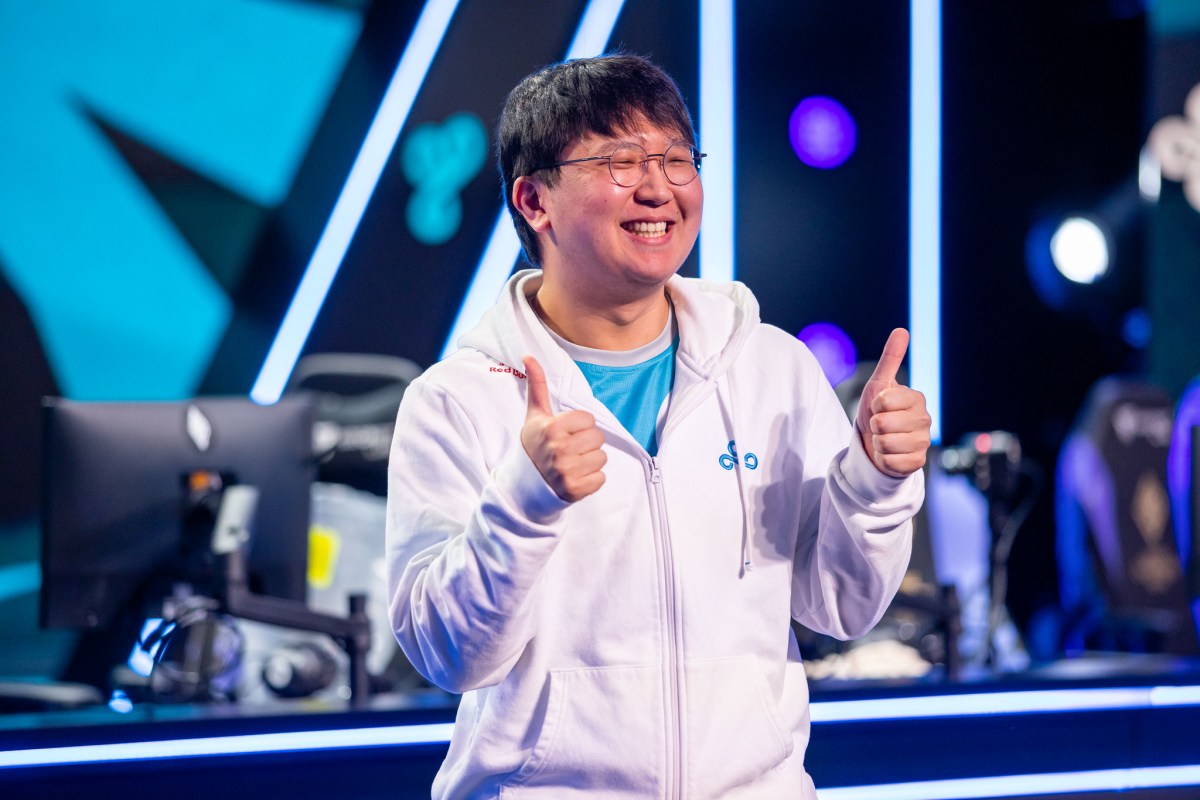

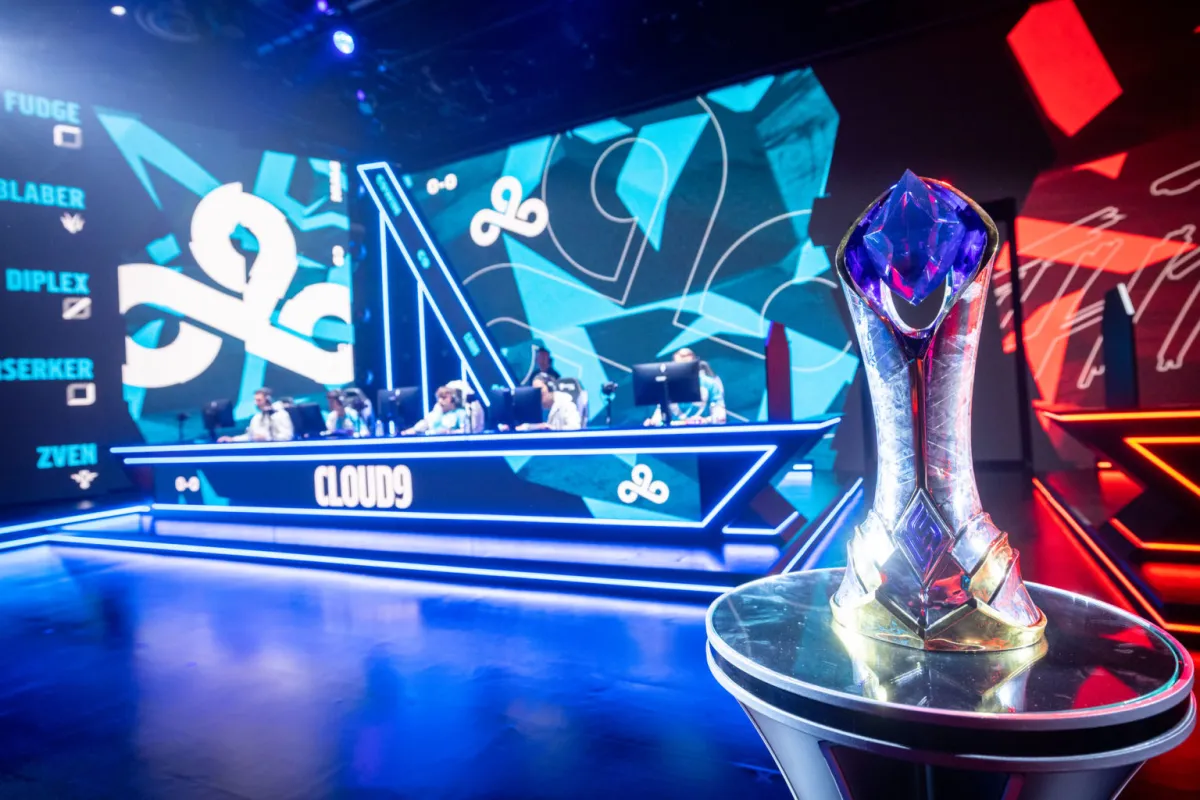

Published: Dec 17, 2021 11:52 am